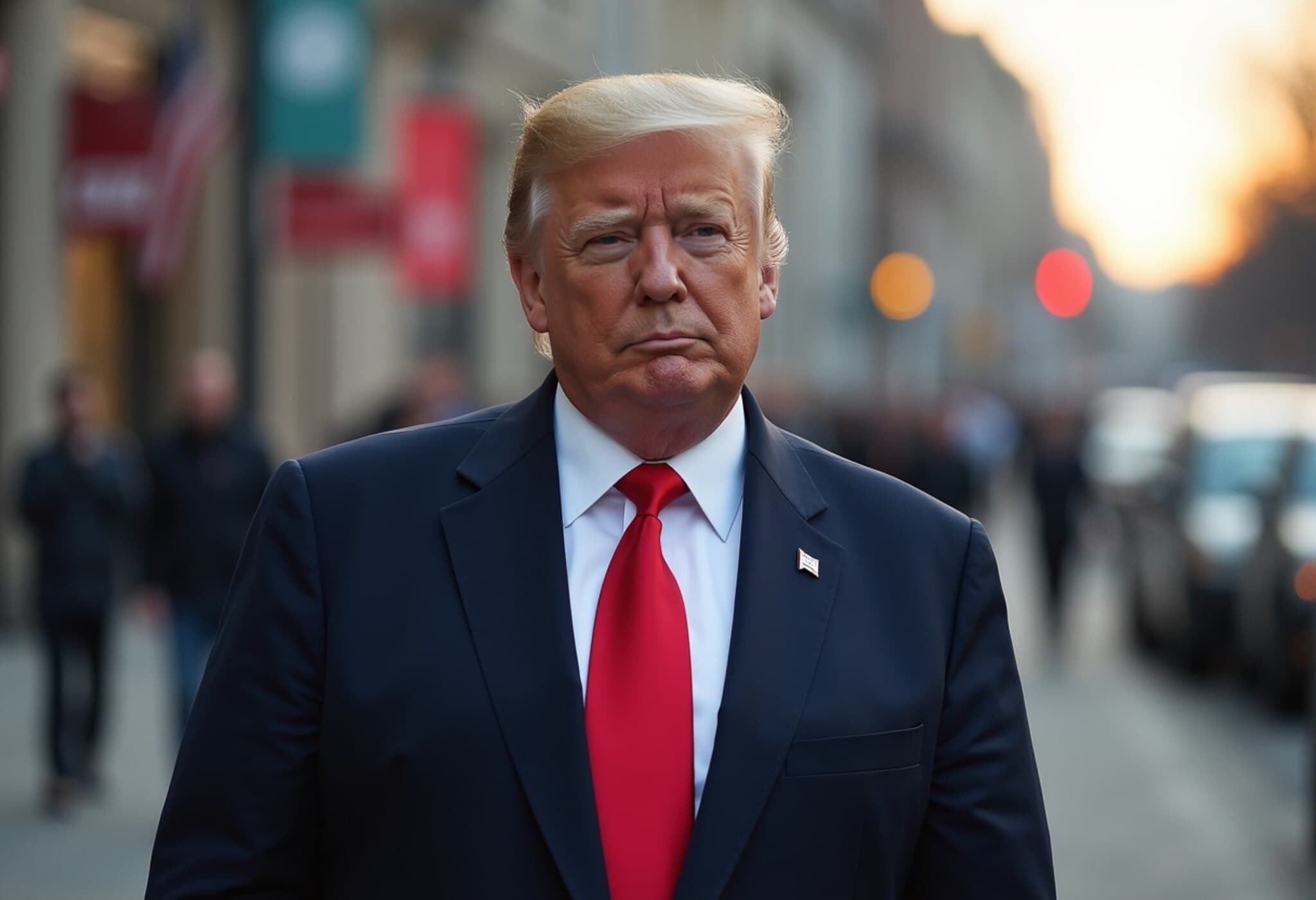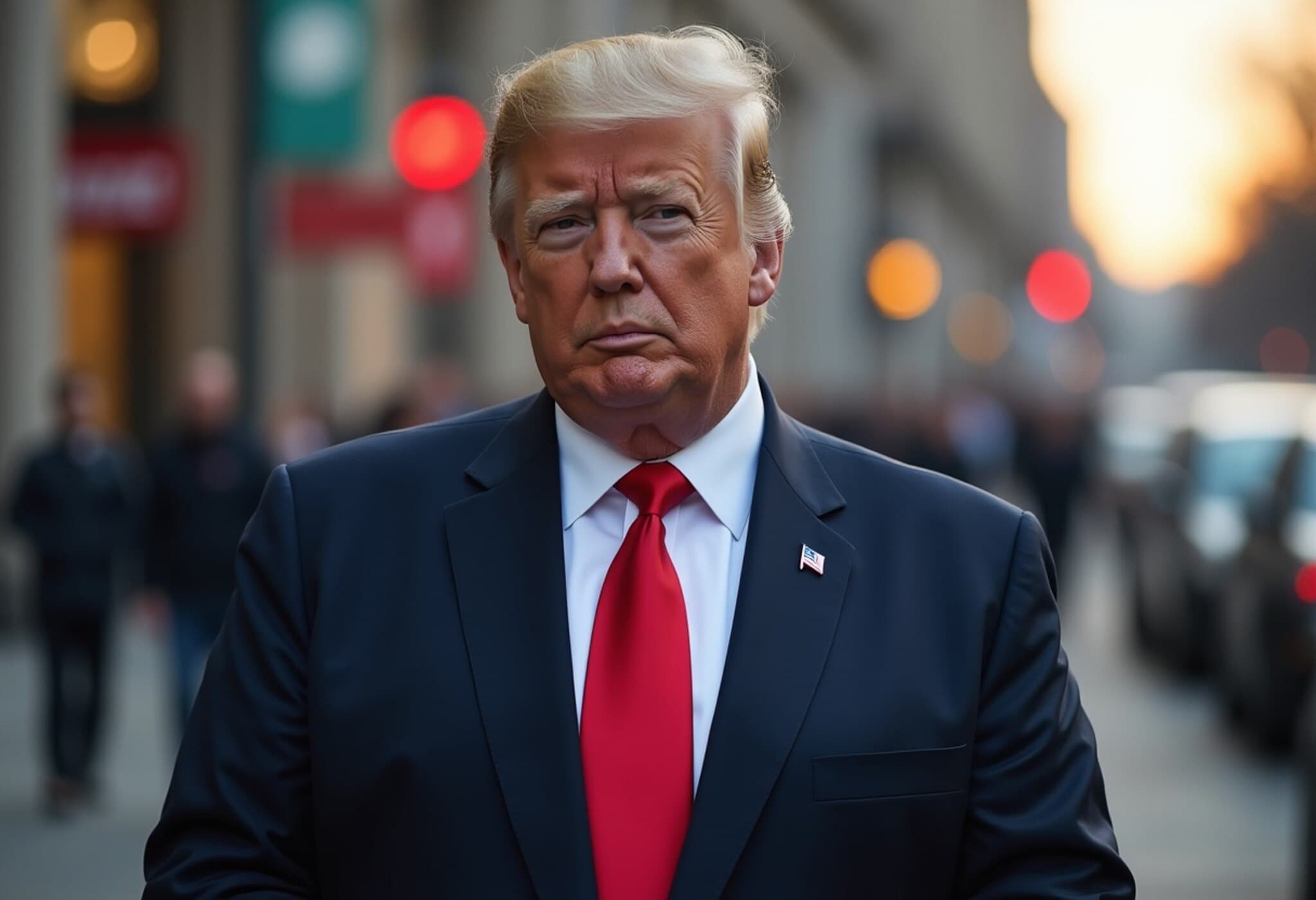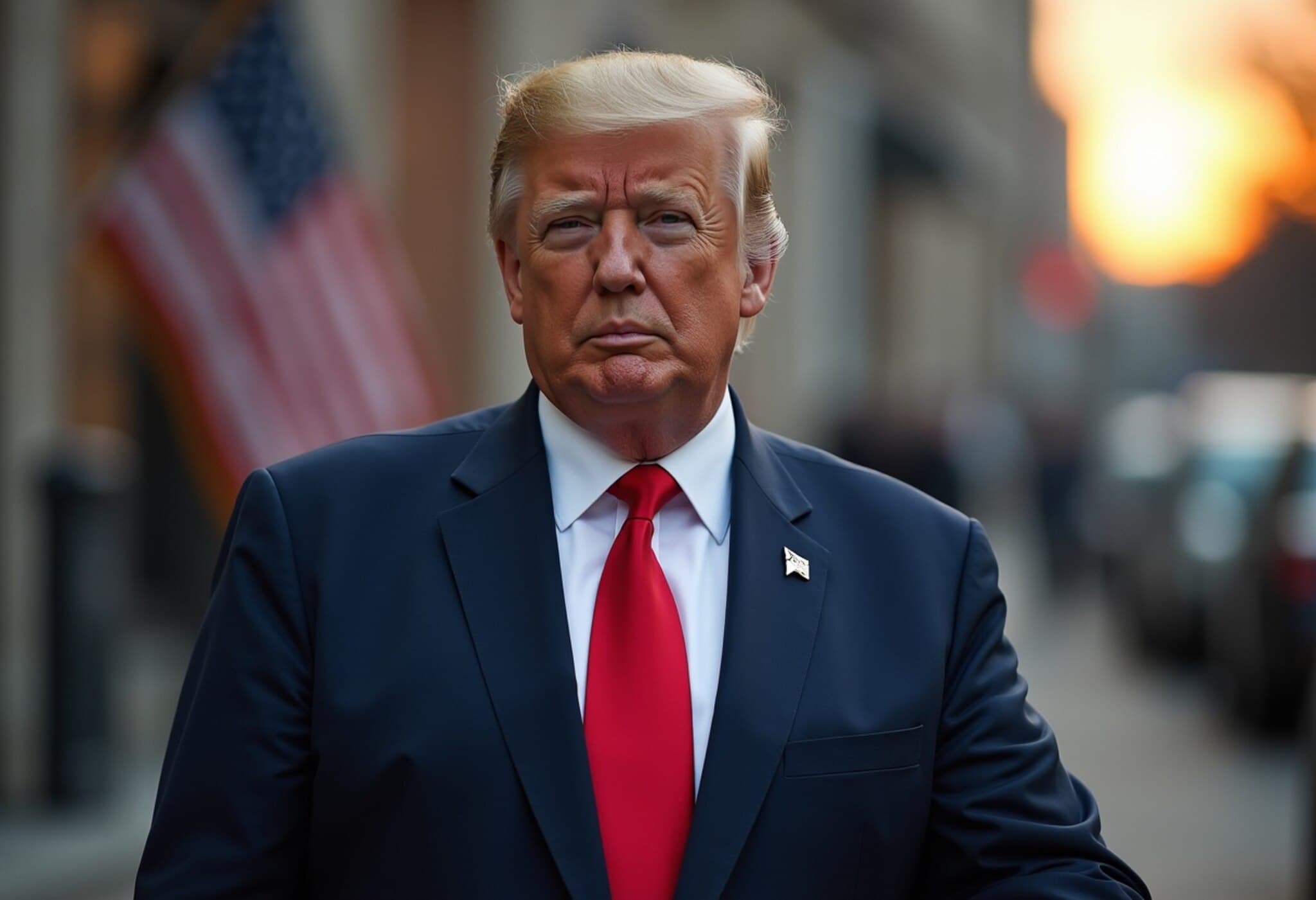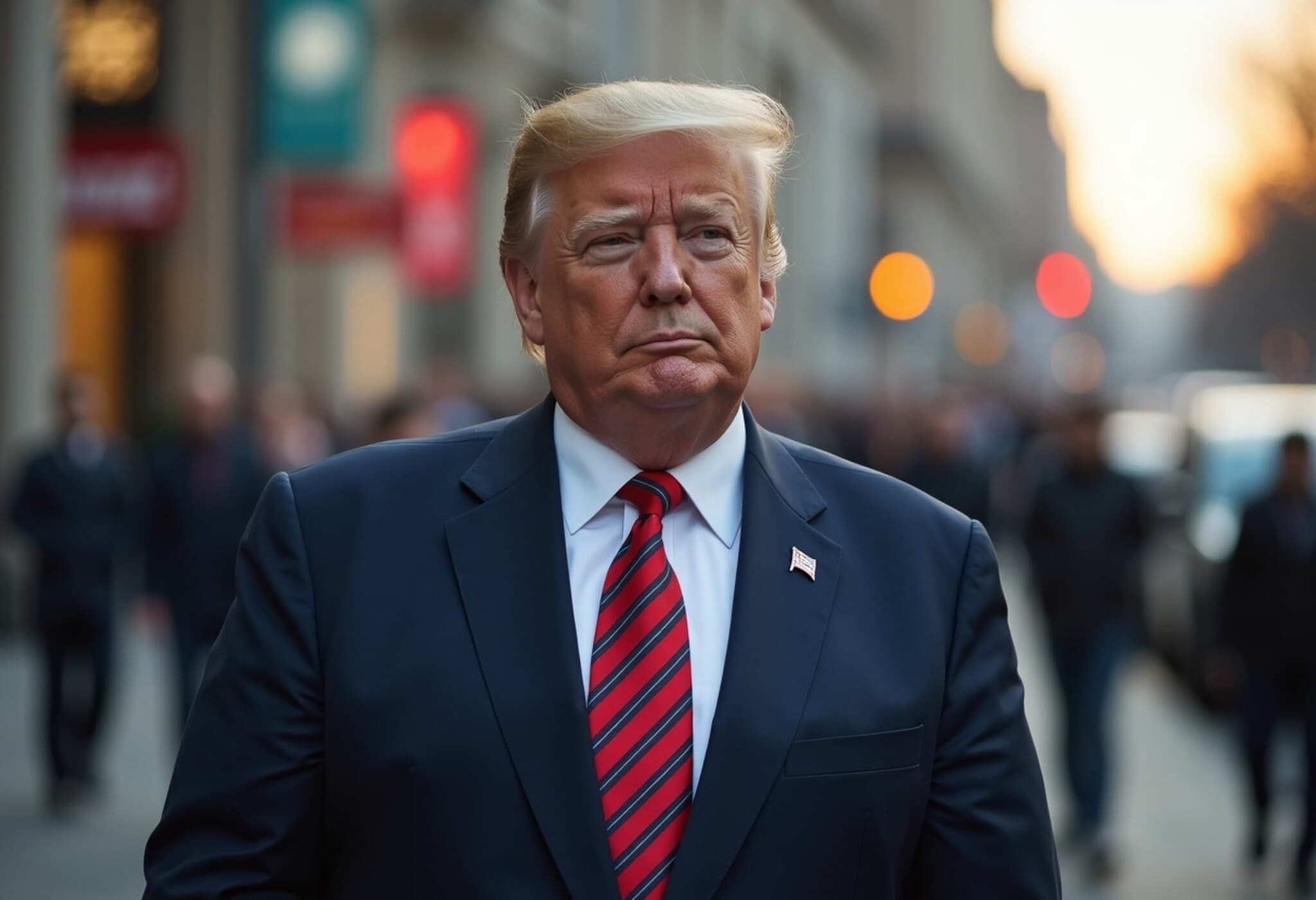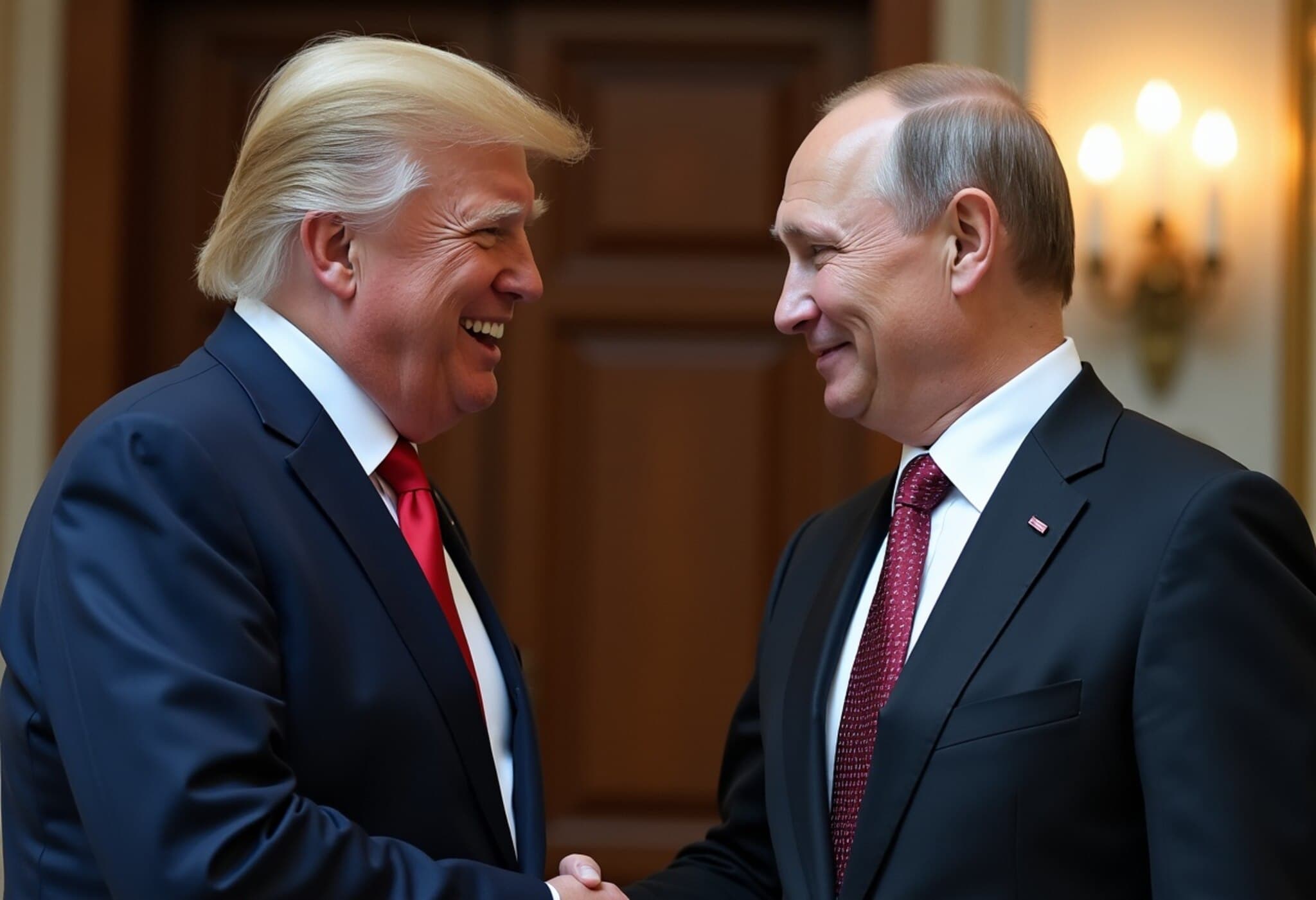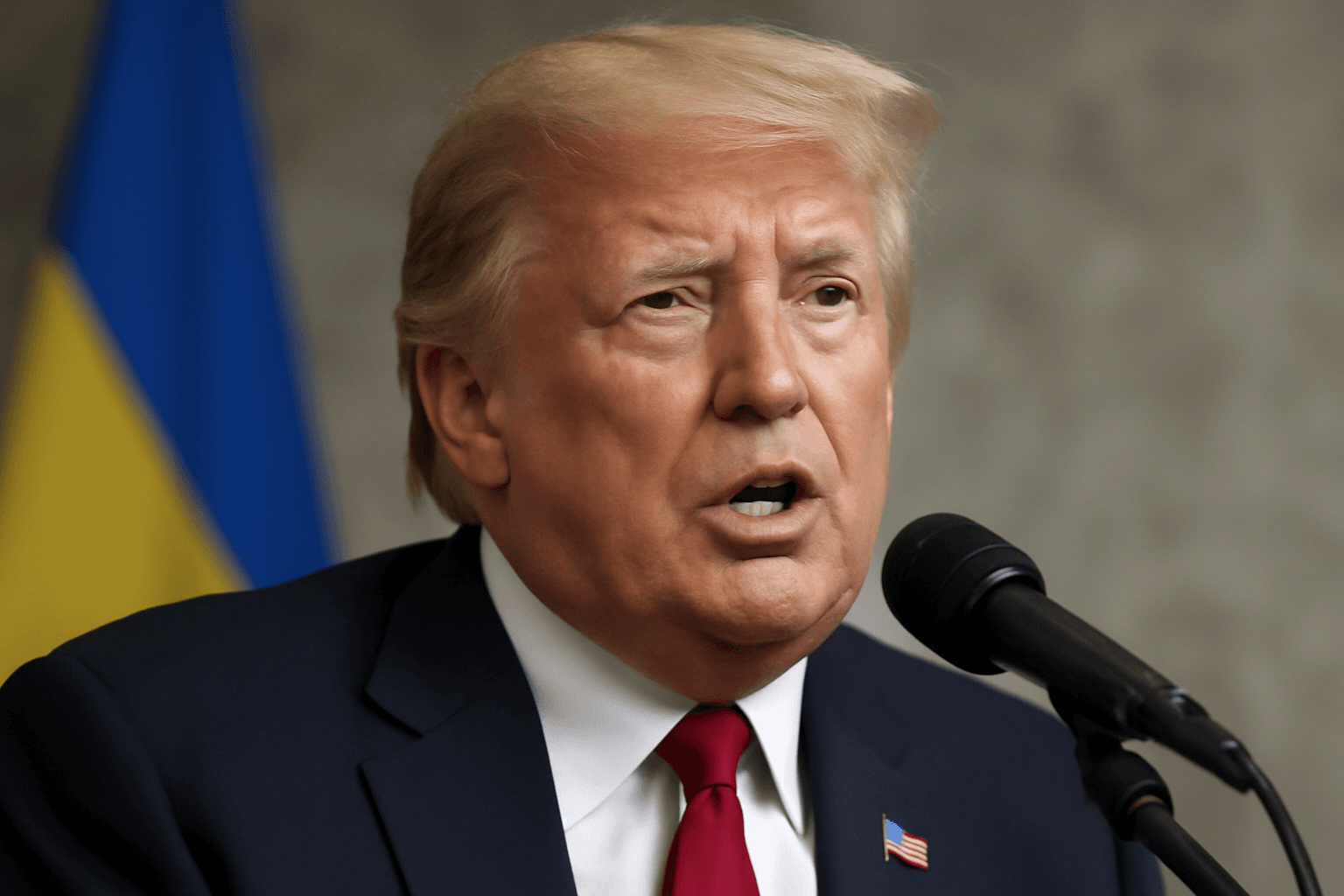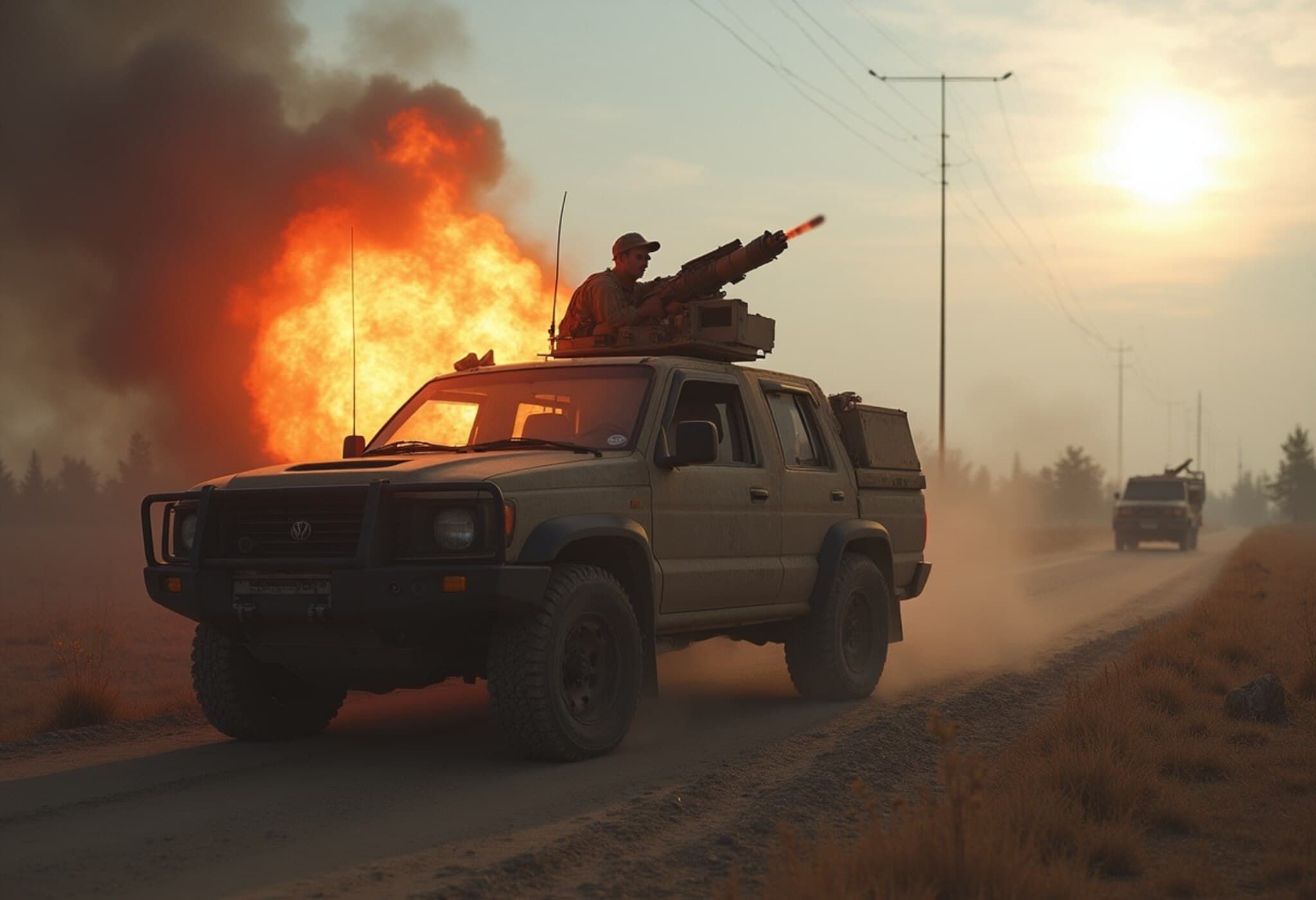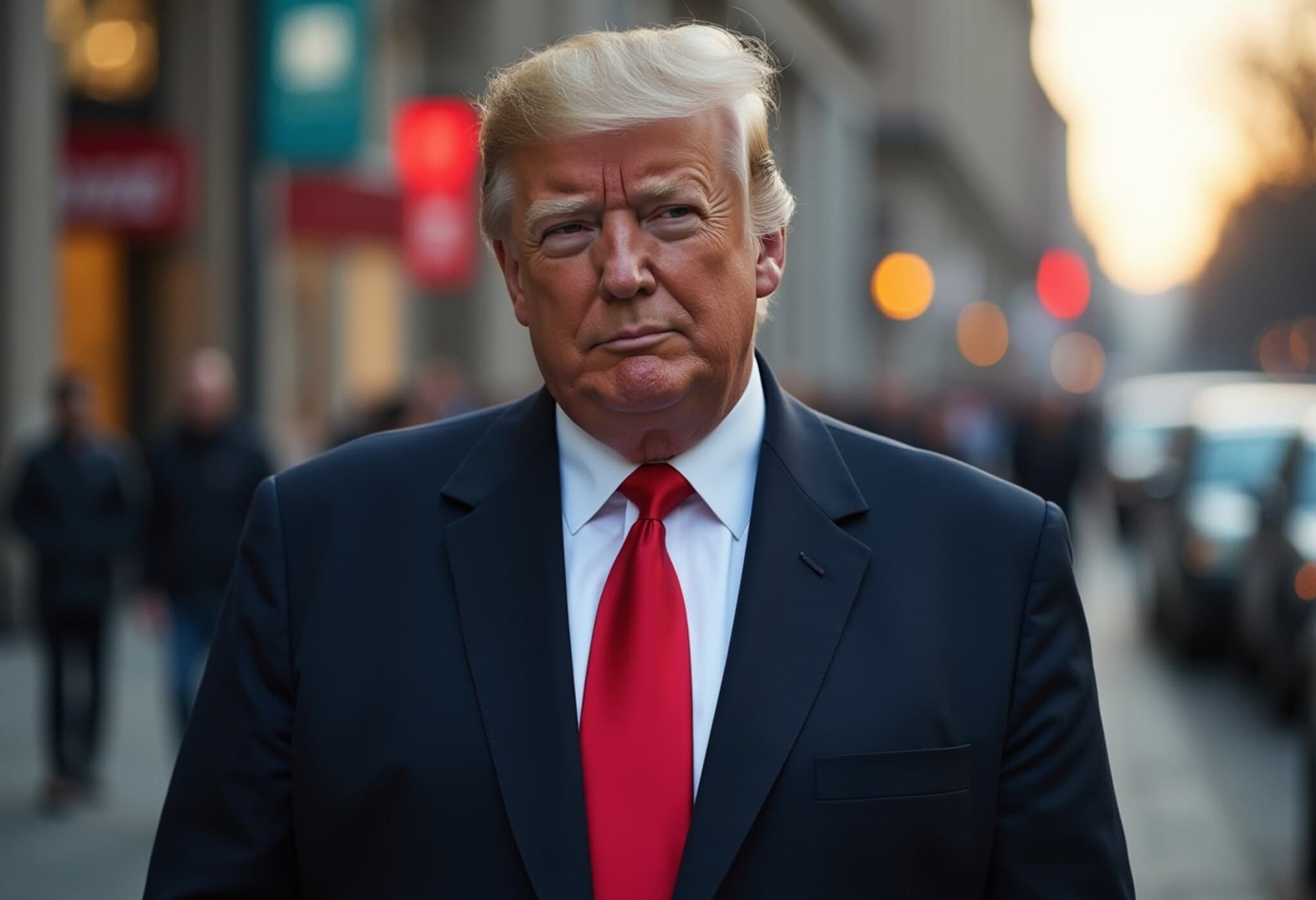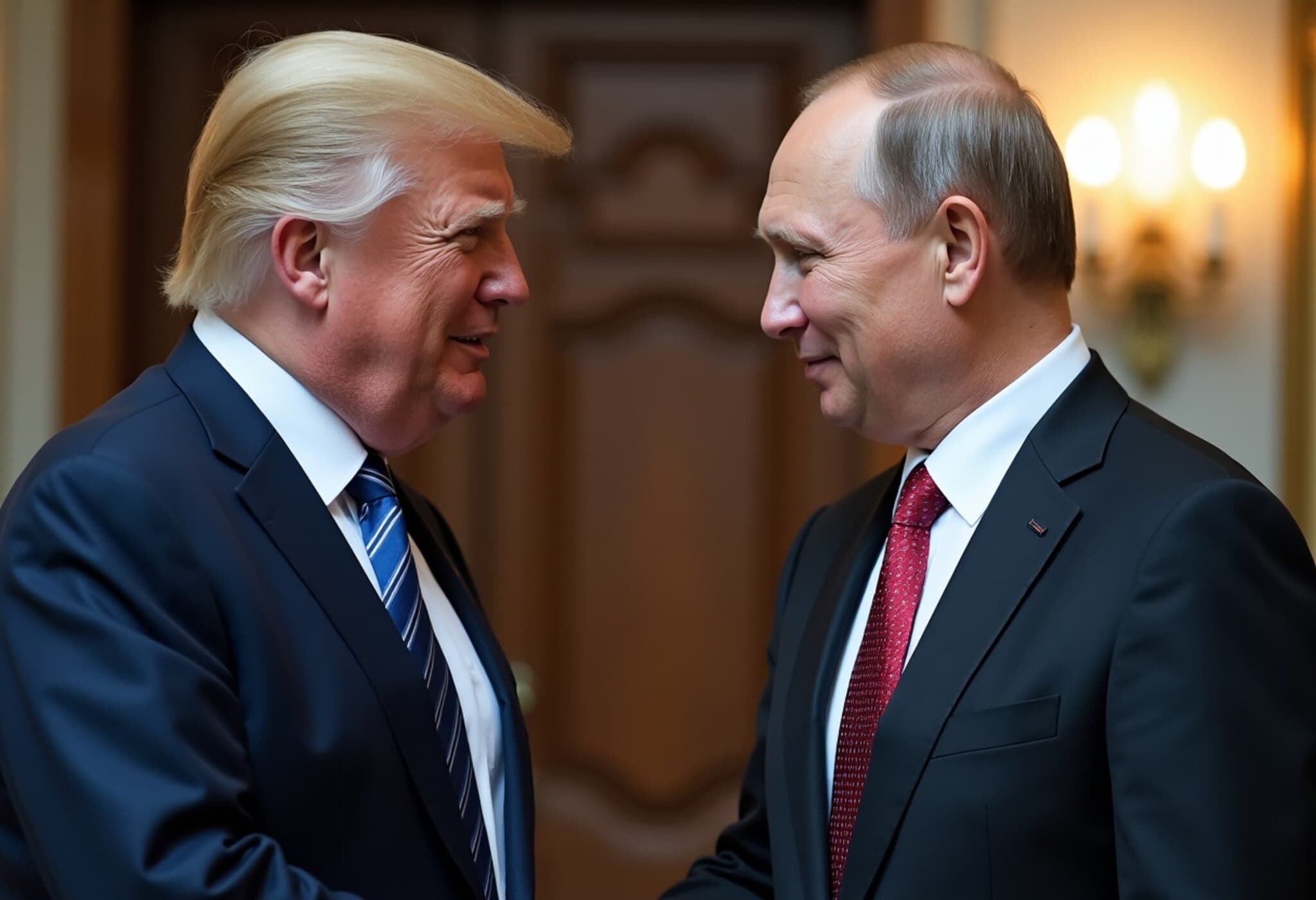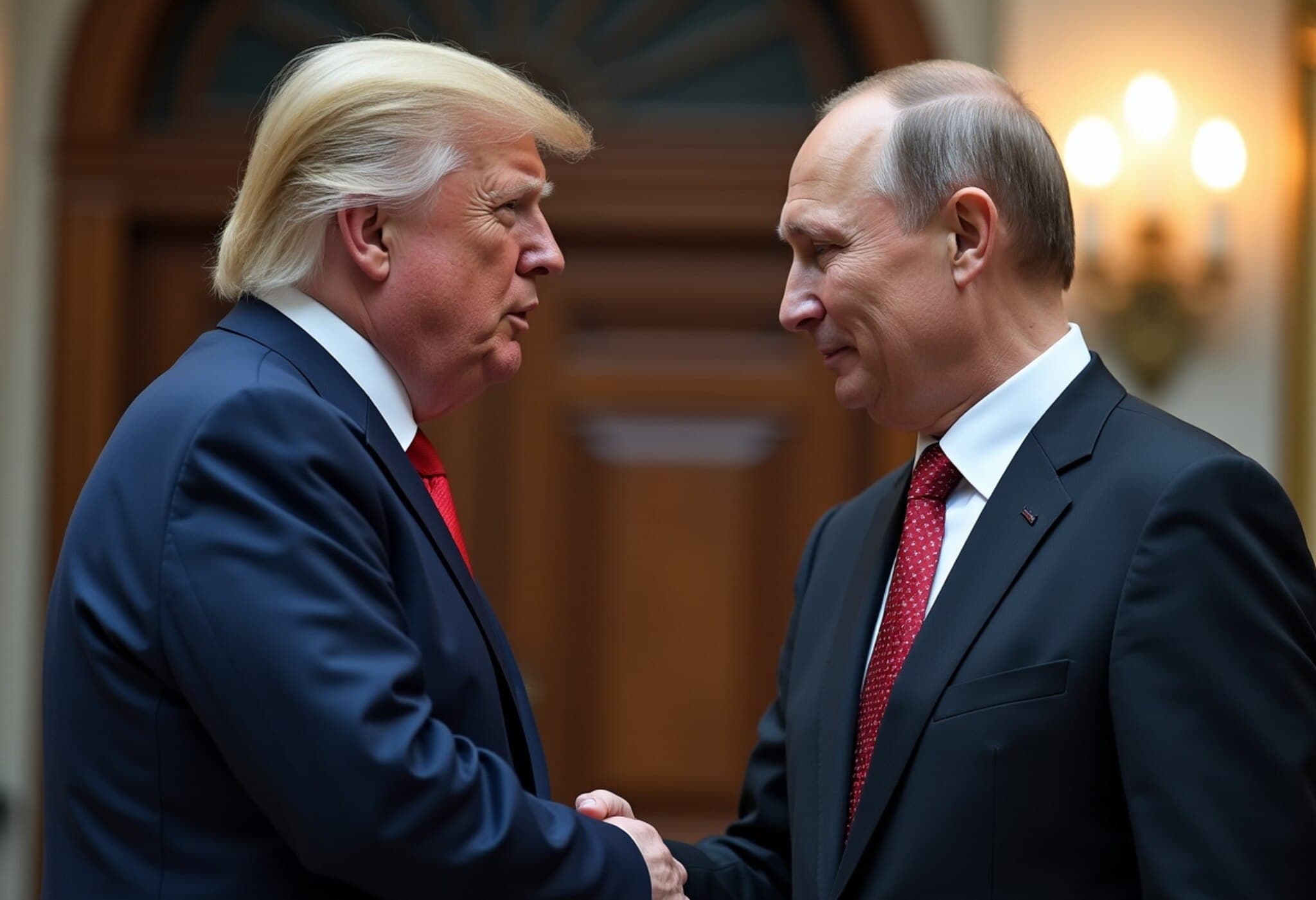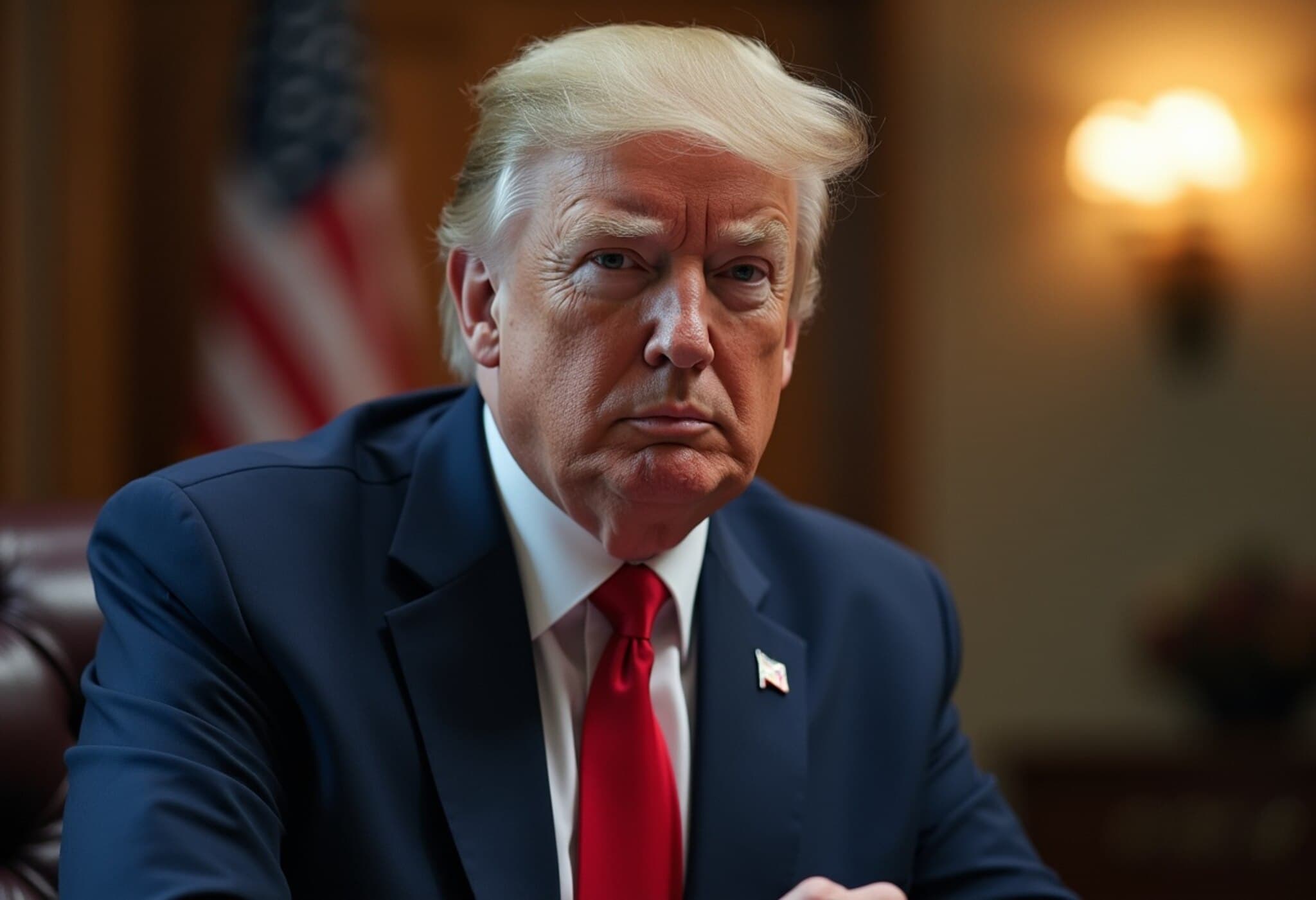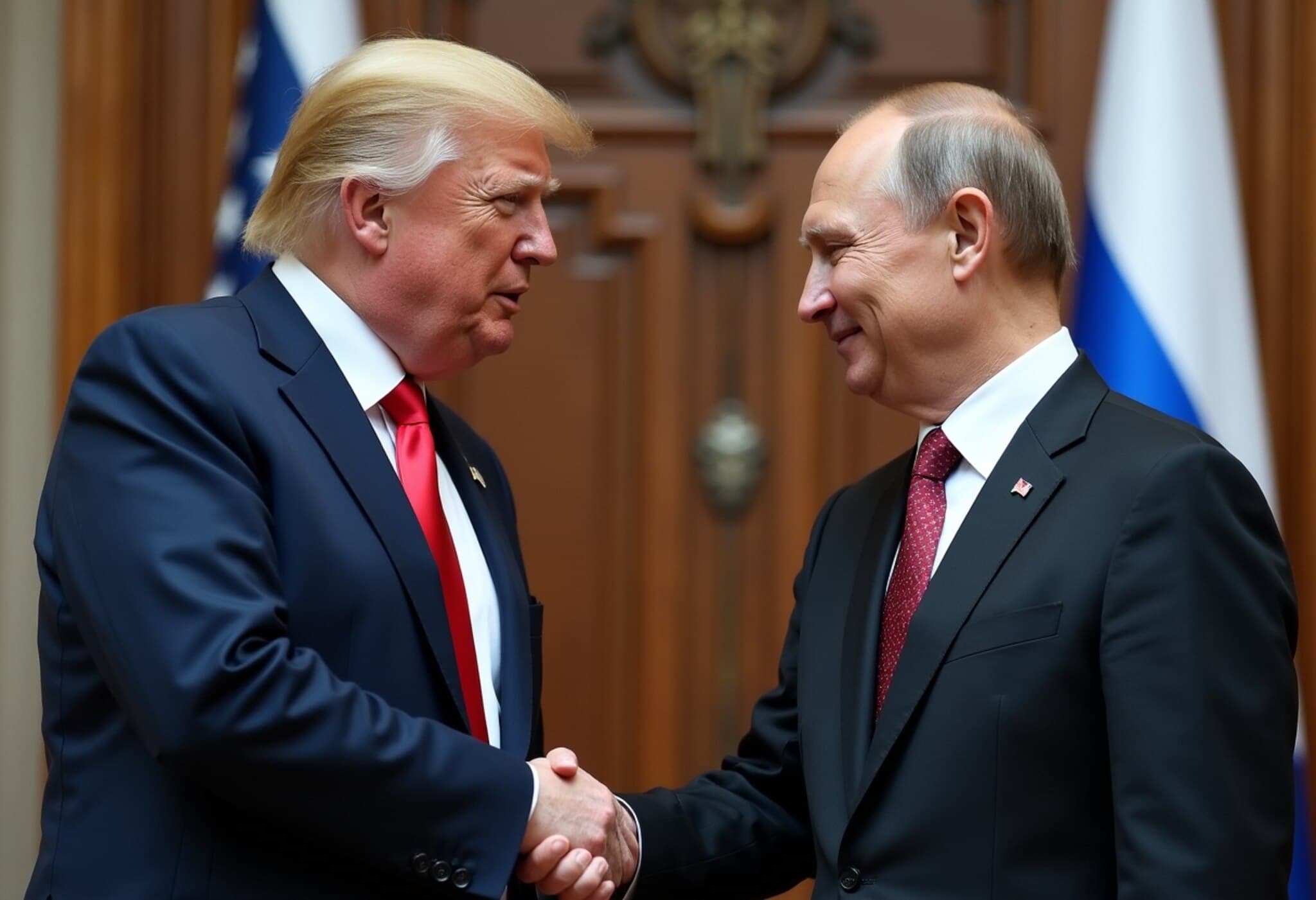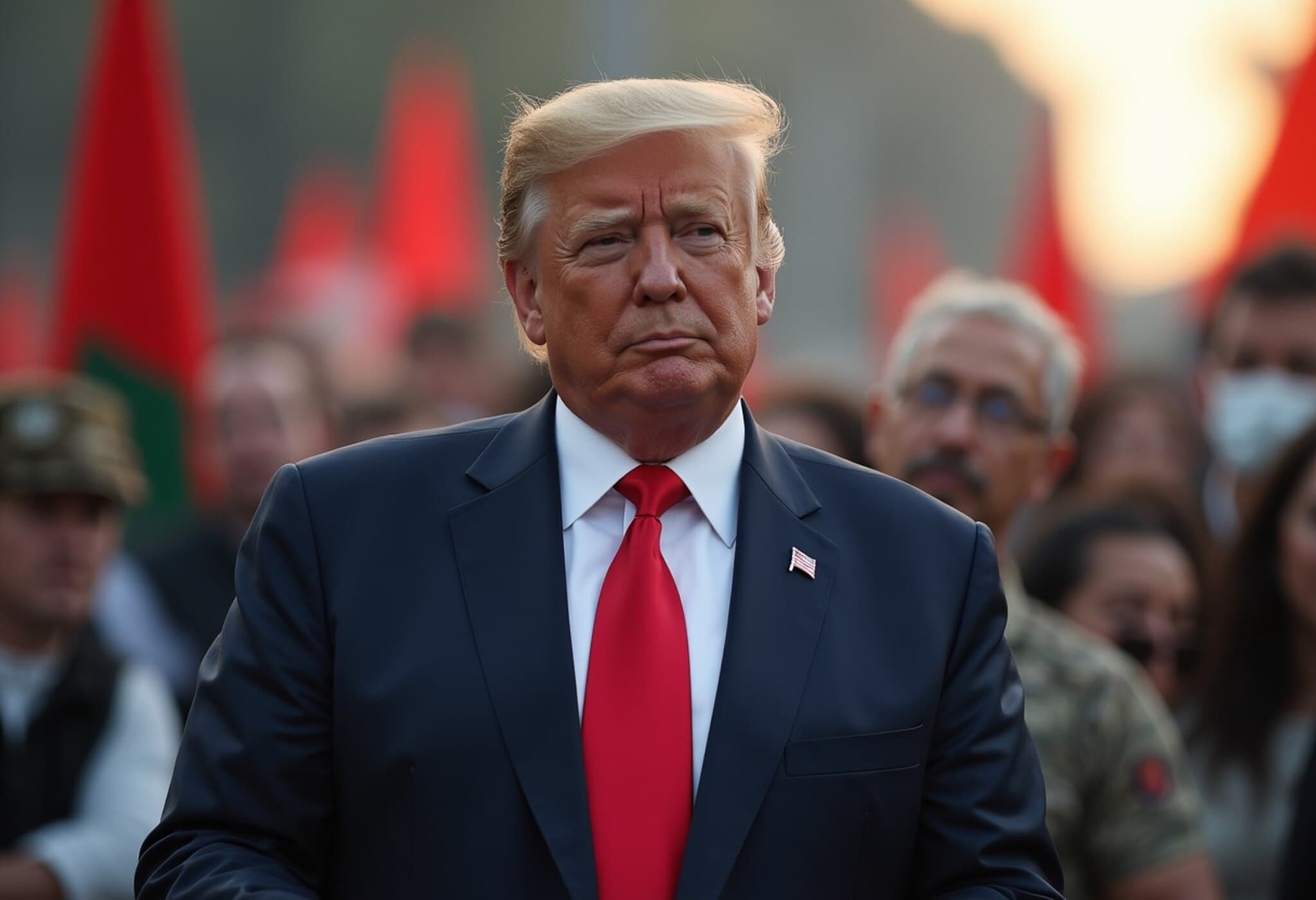Trump Commits to Sending Patriot Missile Defense Systems to Ukraine
In a notable shift of stance, former US President Donald Trump announced plans to provide Ukraine with Patriot missile defense systems, signaling increased American support in the face of ongoing Russian aggression. Speaking on July 13, 2025, at Joint Base Andrews in Maryland, Trump expressed frustration with Russian President Vladimir Putin’s continued military offensives despite diplomatic overtures.
"Putin Talks Nice, Then Bombs Everybody"
Trump candidly described his disappointment with Putin's diplomacy, remarking, “He talks nice and then he bombs everybody in the evening.” This blunt assessment captures the growing skepticism in Washington regarding Russia’s sincerity about peace negotiations after years of stalled talks.
While not specifying the exact quantity of Patriot batteries to be sent, Trump emphasized Ukraine’s urgent need for enhanced air defenses against intensified Russian missile and drone attacks. He assured, “We will send them Patriots, which they desperately need.”
A Shift from Prior Policy Positions
Earlier this month, the White House had hinted at potentially pausing Ukraine’s weapons deliveries, reflecting wariness about escalating the conflict. Trump’s announcement reverses that trajectory and introduces a nuanced financial arrangement: the European Union will reportedly cover the full cost of the military hardware, transforming the transaction into a business deal rather than a unilateral US aid effort. Trump noted, “We’re going to send them very sophisticated military equipment, and they’re going to pay us 100 percent for them.”
Contextualizing the Decision: International and Regional Implications
- US Special Envoy Amos Hochstein is currently in Ukraine to monitor developments and coordinate aid.
- NATO Secretary General Mark Rutte is set to engage directly with Trump in Washington to discuss alliance support for Kyiv.
- Ukrainian President Volodymyr Zelensky recently indicated progress toward securing more Patriot batteries and missile supplies.
This military reinforcement comes at a pivotal moment in the conflict, as Russian forces ramp up their summer offensive amid stalled peace negotiations.
Expert Insight: What This Means for US-Russia Relations and the Ukraine War
From a policy analyst’s perspective, Trump’s remarks underline a persistent challenge in US-Russia diplomacy: the gap between verbal diplomacy and ground realities. The stated EU-backed financing shifts some responsibility away from the US, potentially reflecting American public wariness about prolonged armed conflict involvement.
Moreover, the delivery of Patriots, sophisticated surface-to-air missile systems, could significantly enhance Ukraine’s defense against aerial threats. However, it also risks further entrenching tensions with Russia, potentially provoking countermeasures.
The ambiguity around potential new sanctions also underscores cautious diplomatic maneuvering. Trump’s cryptic, “We’re going to see what we will see tomorrow,” conveys the complex balancing act Washington faces in responding decisively without escalating unintended consequences.
Examining Underreported Angles
- Financial Dynamics: The role of the European Union’s financial commitment in supplying Ukraine’s defense remains underexplored, raising questions about intra-Western burden-sharing and geopolitical strategy.
- Domestic US Politics: Trump’s direct involvement and messaging indicate an evolving US political landscape on Ukraine, reflecting broader debates within American society concerning intervention versus diplomacy.
- Impact on Civilians: While military aid is framed as defensive, the ongoing violence continues to exact a harsh toll on Ukrainian civilians, an aspect often sidelined amid state-centric narratives.
Looking Forward: The Road Ahead
The announcement intensifies global attention on Ukraine’s defense needs and the complex web of international alliances shaping the conflict’s trajectory. As Washington prepares possible new sanctions and leverages diplomatic channels, the question remains: can military aid coupled with diplomatic pressure carve a pathway toward peace, or will this deepen the impasse?
Editor’s Note
Trump’s candid critique of Putin’s deceptive diplomacy adds fresh urgency to debates on US strategic support for Ukraine. The nuanced financing arrangement with the EU highlights shifting global responsibilities in wartime aid. Readers are encouraged to consider how military support, diplomacy, and economic pressures intertwine in shaping both the immediate conflict and the broader international order. What long-term impacts might these developments have on US-Russian relations and European security? The answers remain critical but complex in an evolving geopolitical landscape.

